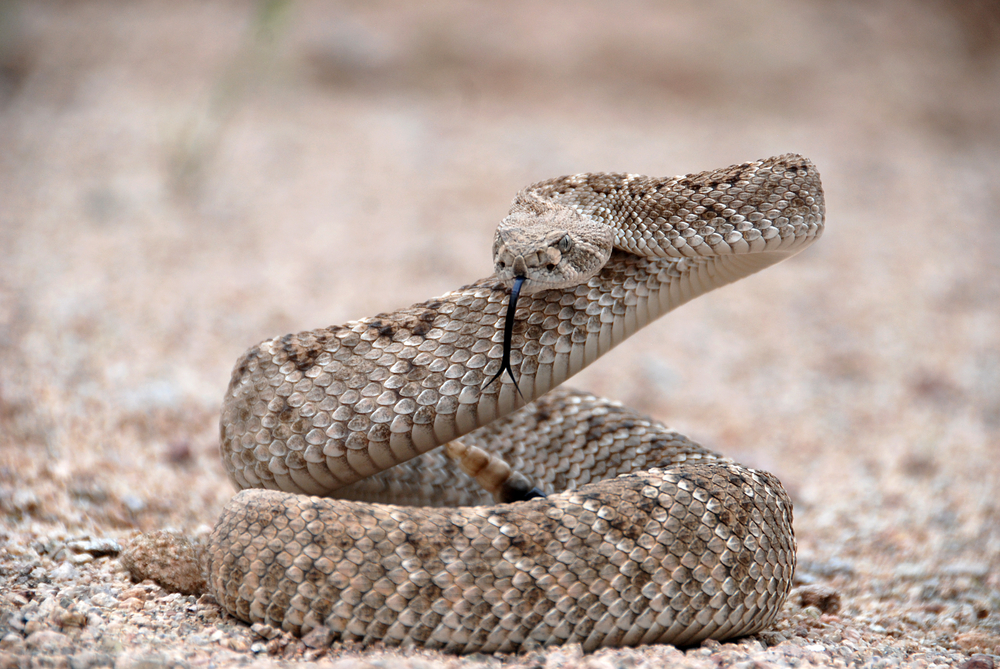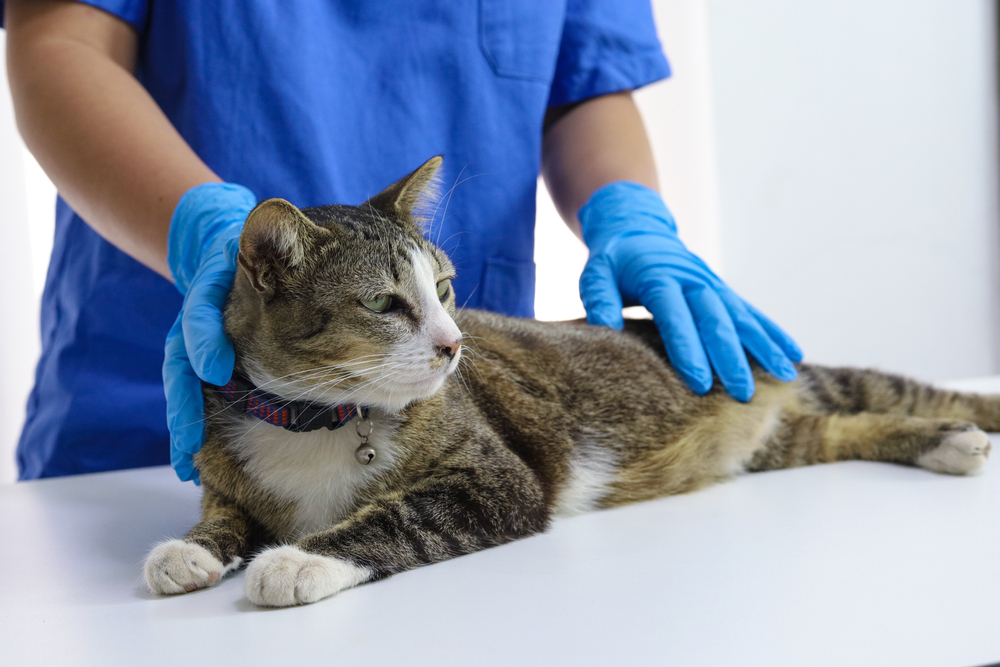
Everything You Need to Know About Parasite Prevention in Tucson
In addition to vaccinations, proper nutrition, and exercise, an essential component of every pet’s wellness and preventative veterinary care is parasite prevention.
Why Is Parasite Prevention So Important for Pets?
There are several different types of parasites that can harm your pet’s health – and even put the health of your human family members at risk. So, it’s important to protect your pet’s from pests like fleas, ticks, mosquitoes, ear mites, and intestinal parasites like hookworms, whipworms, and roundworms.
Parasite prevention is especially vital to your pet’s ongoing health and wellness. Intestinal parasites can cause stomach upset and affect your pet’s ability to absorb nutrition. Pests like mosquitoes carry heartworms that can significantly damage your pet’s health and even be fatal. Other parasites like fleas and ticks carry a variety of dangerous, zoonotic diseases that can affect both your pet’s health and your own.


How to Protect Your Pets From Parasites
The best way to protect your pets from most parasites is with preventative medications. Our veterinarian can provide you with recommendations based on your pet’s exposure risk, species, and size. Preventative medications come in a variety of forms. For example, flea and tick preventatives can be found in oral tablets, topical ointments, and even on medicated collars. Heartworm preventatives are available in oral tablets and in the form of injections that protect your pet from the inside for months at a time.
In addition to protecting your pets with preventatives, it’s also important to keep their environment cleaned up and as undesirable to parasites as possible. Make sure your yard is free from debris, standing water, and feces from wild animals and other pets. This will limit the number of parasites in your pet’s immediate vicinity, reducing the risk of exposure.
Parasite Prevention and Screening With Our Mobile Veterinary Clinic in Tucson
Whether your pet’s heartworm prevention has lapsed or your pet needs a clean fecal test before entering a boarding facility, our mobile veterinary clinic in Tucson is here to help. We’re fully equipped to screen cats and dogs for signs of heartworms to ensure the safe administration of a heartworm preventative. Additionally, we can provide fecal testing for intestinal parasites and deworming treatments if necessary.
To learn more about protecting your pets from fleas, ticks, heartworms, ear mites, and intestinal parasites, we welcome you to schedule a wellness and preventative care appointment with our mobile veterinary clinic. Our veterinarians can help you determine the safest and most effective parasite preventatives for your pet based on your pet’s species, size, and the other pets and children living in your household.
To schedule an appointment for your dog or cat, contact Desert Paws Mobile Veterinary Care today.




 Request Appointment
Request Appointment


















